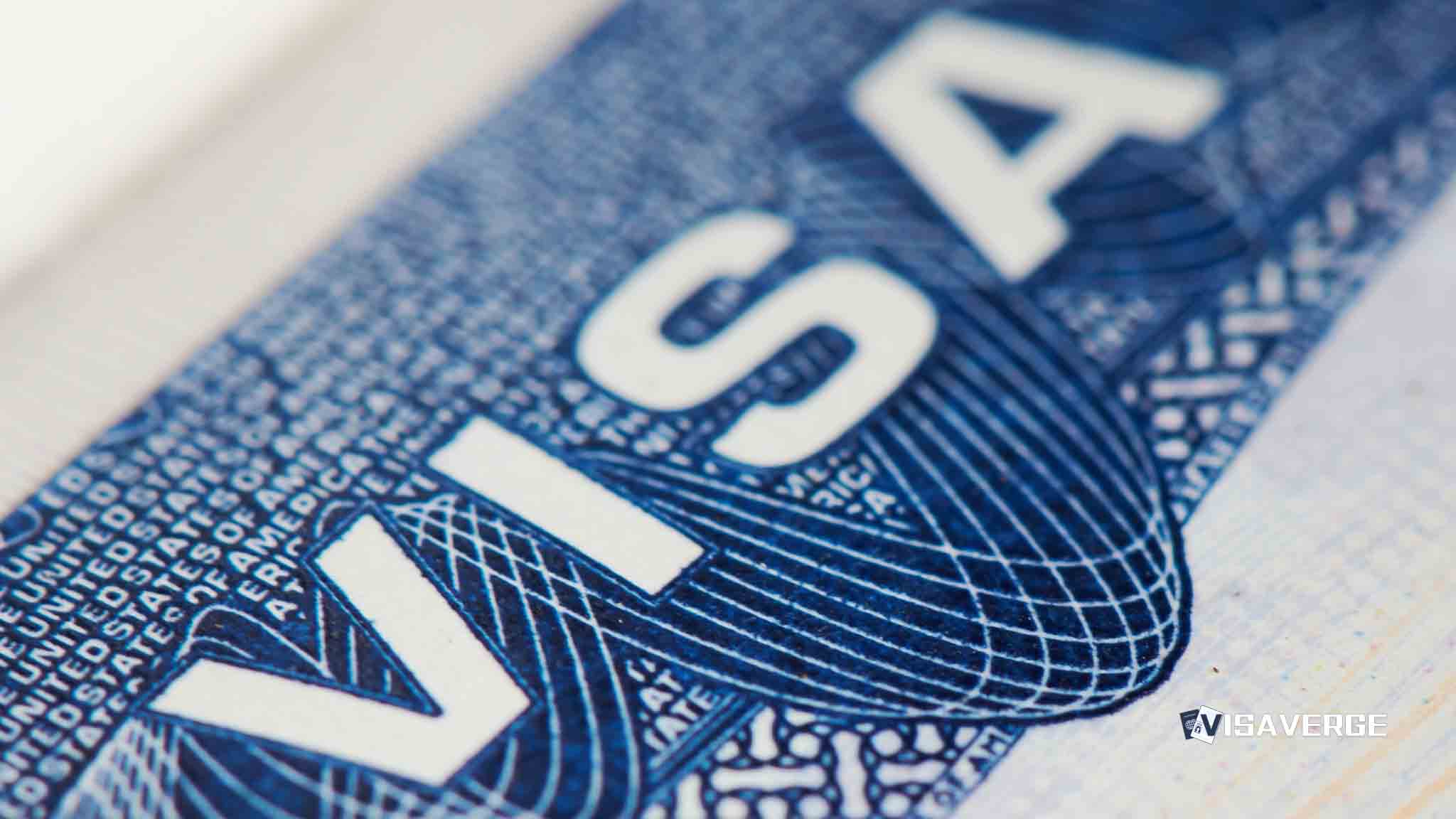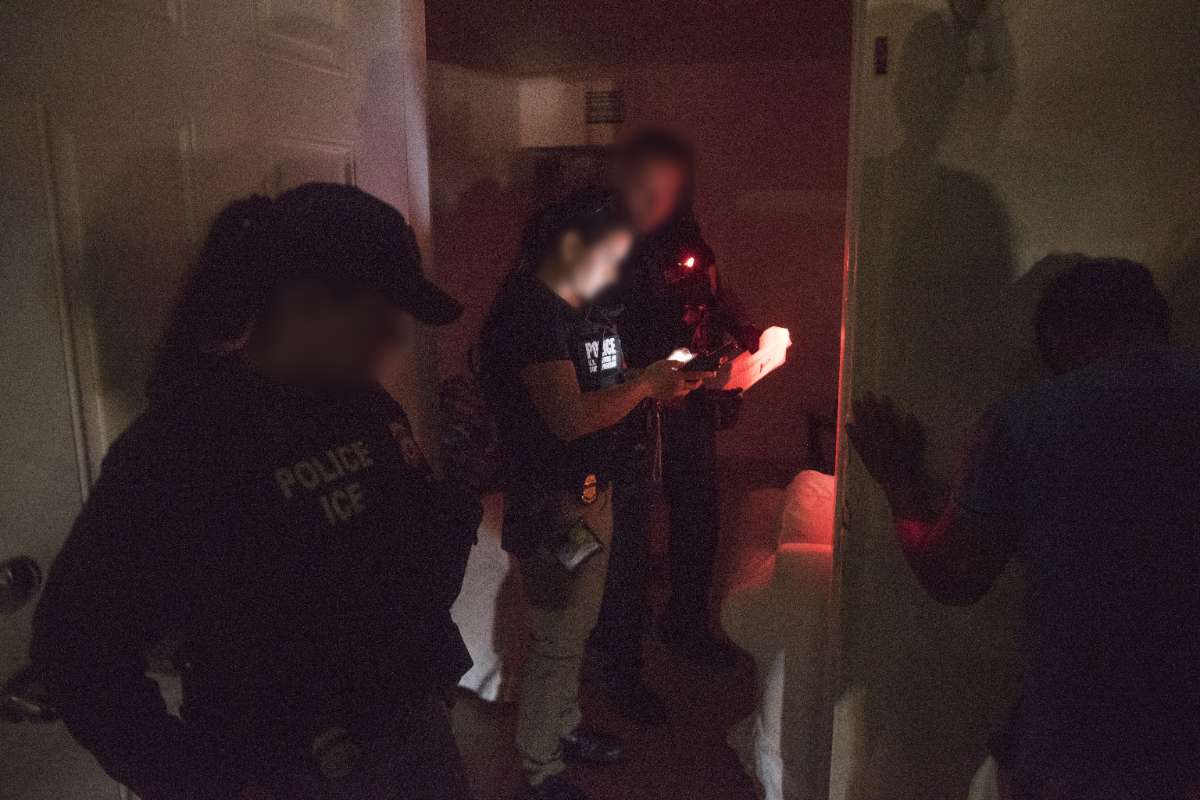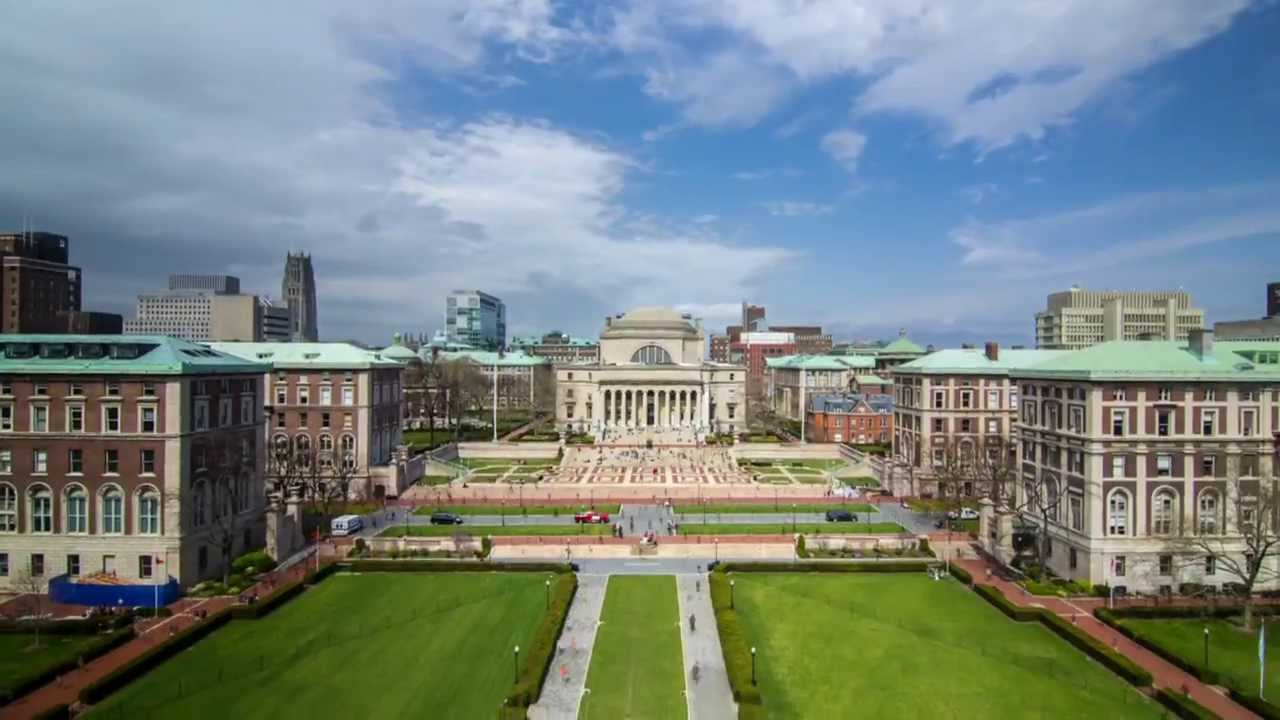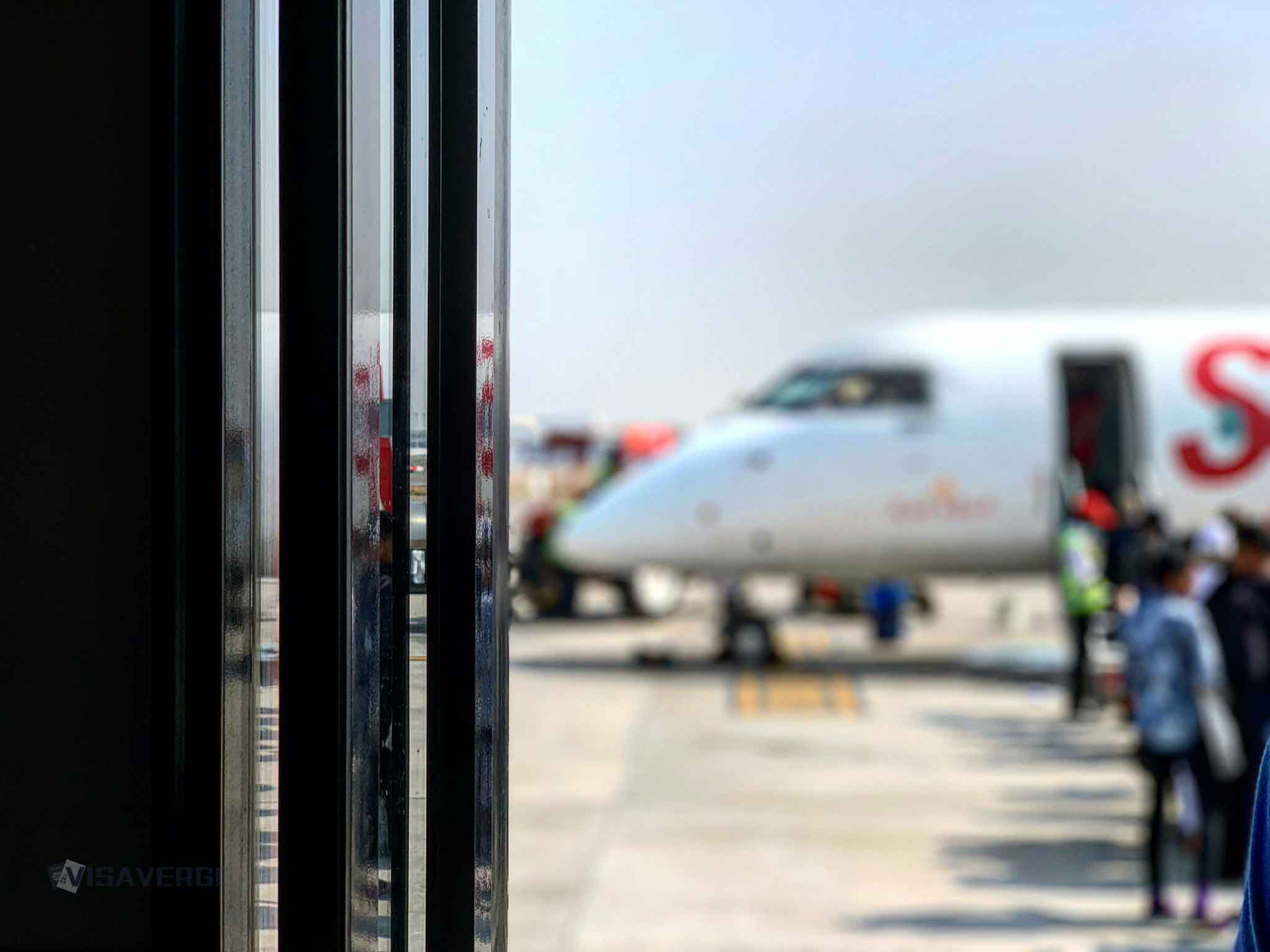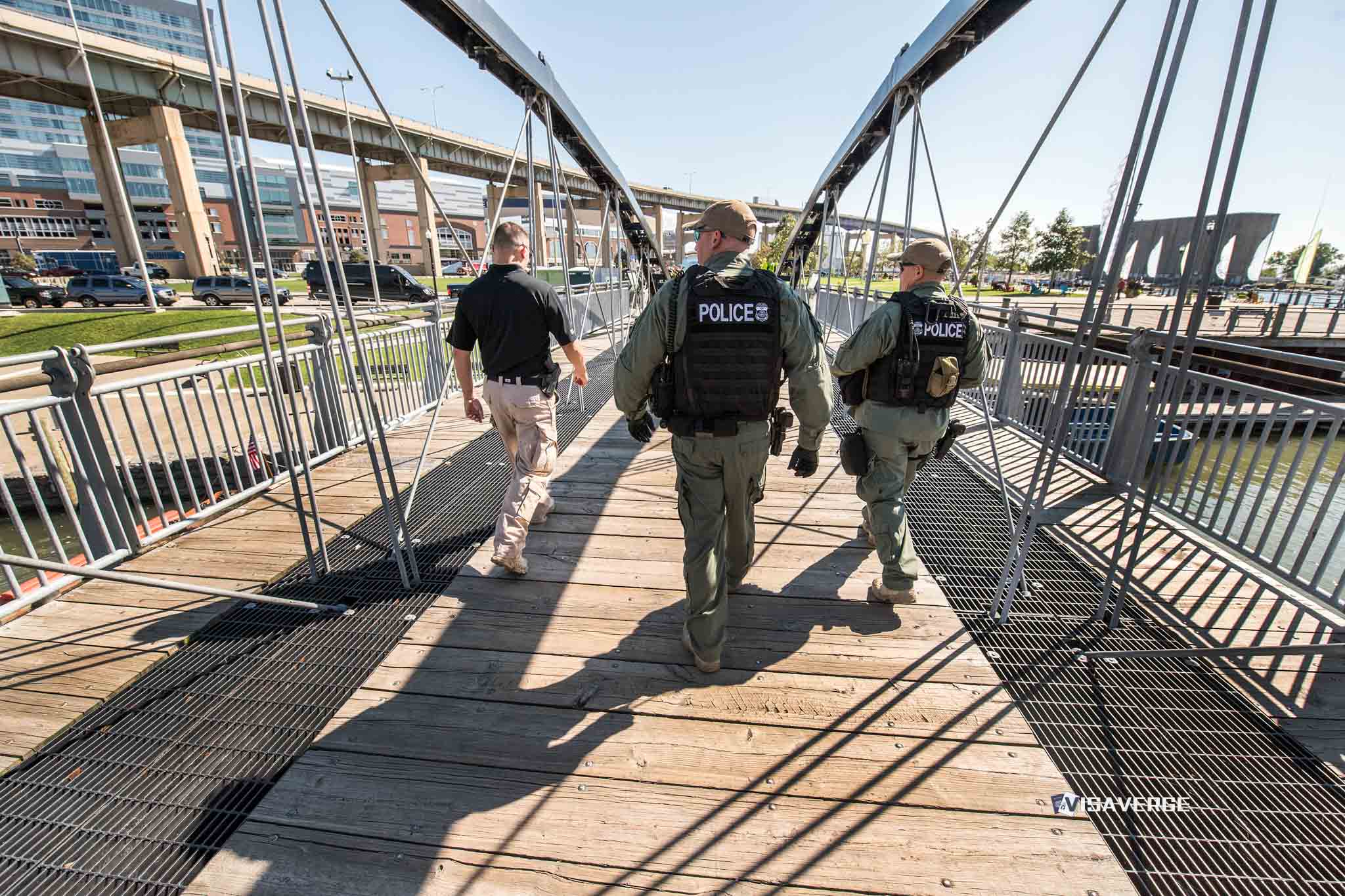(WASHINGTON, D.C.) President Donald Trump on Wednesday named what he called “lax migration policies” as the top national security threat facing the United States 🇺🇸, hours after a Washington, D.C., shooting left two newly arrived National Guard members critically injured just blocks from the White House. The attack, which took place on November 26, 2025, has quickly become a flashpoint in the already fierce fight over immigration and security policy.
The incident: where and when
Authorities said the shooting happened around 2:15 p.m. near 17th and I Streets NW, close to the Farragut West Metro station and within sight of federal buildings and tourist routes. The victims, 20‑year‑old Sarah Beckstrom and 24‑year‑old Andrew Wolfe, both members of the West Virginia National Guard, had been on duty in the capital for less than 24 hours when they were shot.
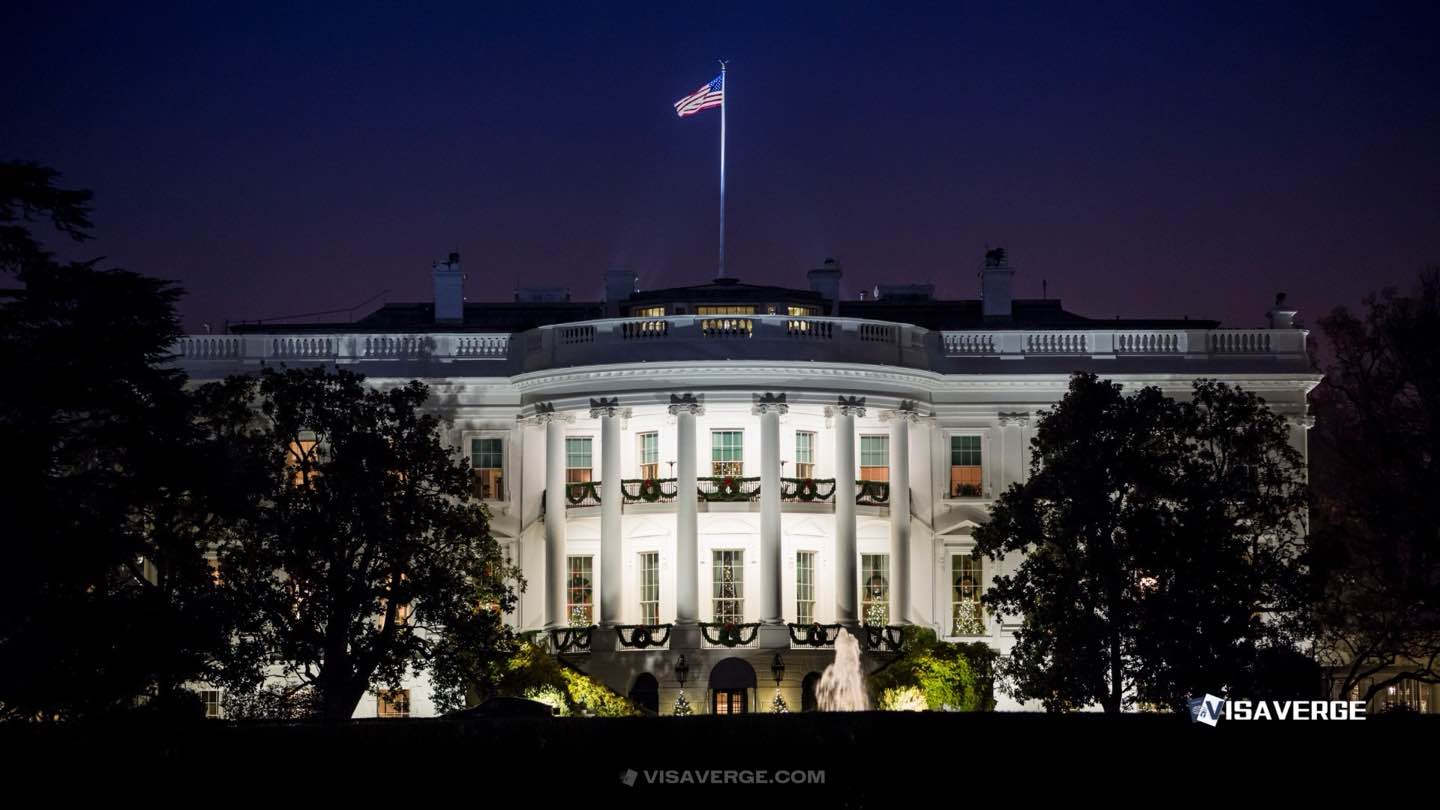
Officials said both remained in critical condition late Wednesday. National Guard members at the scene returned fire, wounding the suspect, who was then taken to a hospital under heavy guard.
Victims and suspect — quick facts
| Item | Details |
|---|---|
| Victims | Sarah Beckstrom (20); Andrew Wolfe (24) — both West Virginia National Guard members, on duty <24 hours |
| Time & place | ~2:15 p.m., 17th & I St NW (near Farragut West Metro) |
| Suspect | Described as a lone attacker with a .357 Smith & Wesson revolver; later wounded and hospitalized |
| Status | Both victims critical; suspect hospitalized under guard; name not released |
Investigators later said the man had entered the United States from Afghanistan in September 2021, a detail the White House quickly seized on as proof, in its view, that earlier screening rules had failed.
Investigation and agencies involved
Multiple agencies are working together to reconstruct the suspect’s movements and possible motives, including:
- FBI
- Bureau of Alcohol, Tobacco, Firearms and Explosives (ATF)
- U.S. Marshals Service
- Department of Homeland Security (DHS)
Officials have not publicly released the suspect’s name. They said they do not believe any other attackers were involved but stressed the investigation is at an early stage and that all leads linked to the Washington, D.C., shooting are being reviewed.
White House and presidential response
In a somber address from the White House, Trump called the attack:
“an act of evil, an act of hatred and an act of terror,” adding that it was “a crime against our entire nation.”
He drew a direct link between the suspect’s immigration background and what he framed as a broader failure of earlier screening systems:
“Lax migration policies are the top national security threat. We cannot allow our country to be endangered by those who enter without proper vetting.”
Immediate policy actions announced
Within hours of the remarks, the administration announced several measures:
- Suspension of processing — U.S. Citizenship and Immigration Services (USCIS) has suspended processing of all immigration requests from Afghan nationals while officials carry out a new review of security checks and vetting rules.
- The pause applies across visa categories and immigration benefits.
- Could leave thousands of Afghans in legal and emotional limbo during the review.
- Troop mobilization — The president ordered the Department of Defense to mobilize an additional 500 troops to Washington, D.C., many expected to be drawn from National Guard units, to “secure the capital” and support federal law enforcement.
The decision adds to prior moves to use Guard personnel in immigration enforcement roles at the southern border and around major federal sites.
Additional administration claims and implications
- DHS Secretary Kristi Noem confirmed the suspect “had worked with the CIA in Afghanistan,” a detail likely to raise questions about how people linked to past U.S. operations are screened before resettlement or admission.
- The White House said the Washington, D.C., shooting supports Trump’s push for tougher measures:
- Expanded border controls
- Suspension of asylum access
- Wider deployment of National Guard troops for immigration enforcement
Officials pointed to several executive orders already signed by Trump restricting entry for nationals from countries labeled high‑risk, including Afghanistan, Haiti, and Iran, and strengthening border infrastructure and interior enforcement.
Legal, humanitarian, and advocacy reactions
According to analysis by VisaVerge.com, the halt on Afghan immigration processing fits a pattern where violent incidents — even loosely tied to foreign nationals — quickly lead to new restrictions.
- Legal advocates warn such steps can harm families who followed rules and now find cases frozen, with travel, reunification, and work plans on hold.
- Immigration lawyers caution that a blanket suspension could conflict with U.S. obligations to people who worked with American forces and agencies during the long war in Afghanistan. Many such Afghans (interpreters, drivers, security staff) had already passed multiple screening layers and waited years for progress.
Administration officials argue the pause is necessary to re‑check vetting systems. They said they will examine:
- Intelligence databases
- Information‑sharing agreements
- Past policies governing admissions from Afghanistan beginning in 2021
The president blamed “the previous administration’s policies” for allowing the suspect to enter and vowed not to “repeat those mistakes.”
Impact on the National Guard, communities, and debate
For communities tied to the National Guard, the shooting was a stark reminder of risks service members face even on domestic missions. Beckstrom and Wolfe were reportedly still learning the layout of their post when they were shot. Guard leaders in West Virginia asked the public to pray for the pair as doctors worked to stabilize them.
Security experts noted that violent acts near symbolic locations (like near the White House) can quickly reshape national debates. The sight of Guard members shot steps from major government buildings may deepen calls for:
- Broader security zones
- Greater uniformed presence
Civil liberties groups worry about the long‑term impact of constant military deployment around civilians.
What to expect next
The investigation will likely feed into the broader policy review ordered by the president. DHS and USCIS officials are expected to report back on:
- How the suspect’s 2021 arrival was approved
- What checks were performed
- Whether any red flags were missed
Those findings could justify tighter controls not only on Afghans but on other groups from war‑torn countries.
For people seeking legal immigration pathways, the shock waves may extend beyond Afghanistan. When the government suspends processing for one group, it often reallocates staff and resources, slowing other categories as well.
Official guidance on current immigration procedures is available on the U.S. immigration agency’s website at USCIS, but lawyers say sudden policy shifts can outpace public information and leave applicants uncertain about their status.
Key takeaways and outlook
The Washington, D.C., shooting has immediate human consequences for the victims and their families, and it has triggered swift policy responses that could reshape immigration vetting and enforcement.
- Expect a criminal case, a detailed security review, and renewed political clashes over immigration, public safety, and national identity.
- Investigative findings will be closely watched for how they are used to justify policy changes affecting migrants from conflict zones.
As Beckstrom and Wolfe remain hospitalized and the suspect remains under guard, the National Guard, federal agents, and political leaders are bracing for what comes next: thorough investigations, policy debates, and potential changes to immigration procedures.
A Washington, D.C., shooting near 17th and I Streets critically wounded two West Virginia National Guard members. The suspect, who arrived from Afghanistan in 2021, was wounded and hospitalized. The administration labeled lax migration policies the top security threat, suspended processing of Afghan immigration requests, and ordered 500 additional troops to Washington. Multiple agencies are investigating; legal and humanitarian groups warn the pause may harm vetted applicants and strain immigration processes.


